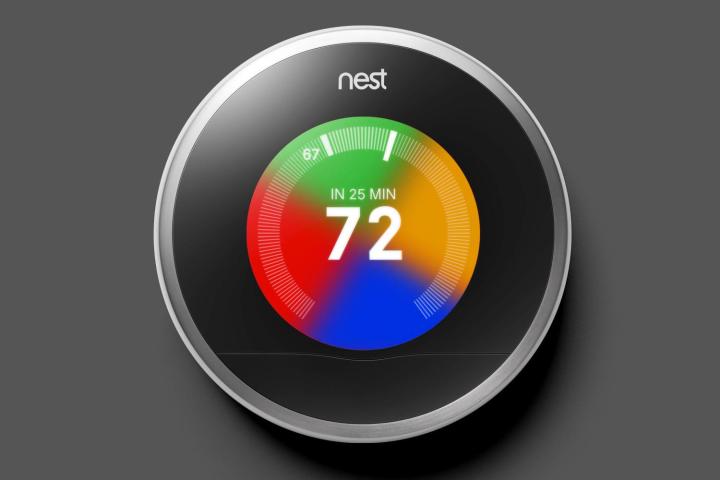
Shortly after the news broke last week that Nest had been acquired by Google for a whopping 3.2 billion in cash, millions of users flooded the web to voice their concerns over the privacy of the data collected by the company’s smart thermostats. In the eyes of many, the acquisition was clearly a power move from Google to get it’s hands on Nest’s massive pool of user data and use it for advertising and monetization purposes.
Following this uproar, Nest CEO Tony Fadell quickly responded to the concerns by stating that the acquisition will not change how Nest treats user data, and earlier today came forward with further reassurances that Nest data will only be used to improve products and services and will not be shared with anyone else.
Speaking at a press conference in Munich earlier today, Fadell stated that “If there were ever any changes whatsoever, we would be sure to be transparent about it, number one, and number two for you to opt-in to it.”
This is only partially reassuring, though. On the one hand it’s nice to know that Google will ask you before it collects data from your thermostat, but Fadell’s statements are also a pretty clear indication that Nest will likely change it’s user policy at some point in the future. Transparency only means that Google will spell out what’s happening before any changes go into effect, not that it won’t collect information at all.
Really, this isn’t much of a surprise considering Google’s propensity for issuing wide-ranging privacy policy changes long after users have signed up for services. We’ve seen it in the past. One example that comes to mind is Google’s recent announcement that it would be using the photos of G+ users in advertisements unless people opted out of the program. Based on Fadell’s statements, we wouldn’t be surprised if something similar happens with Nest, and user thermostat data is collected until they take steps to change it.
We definitely think that Google and Nest have massive potential to do great things for the smart home and Internet of Things, but don’t expect that to happen without users forking over their data.



